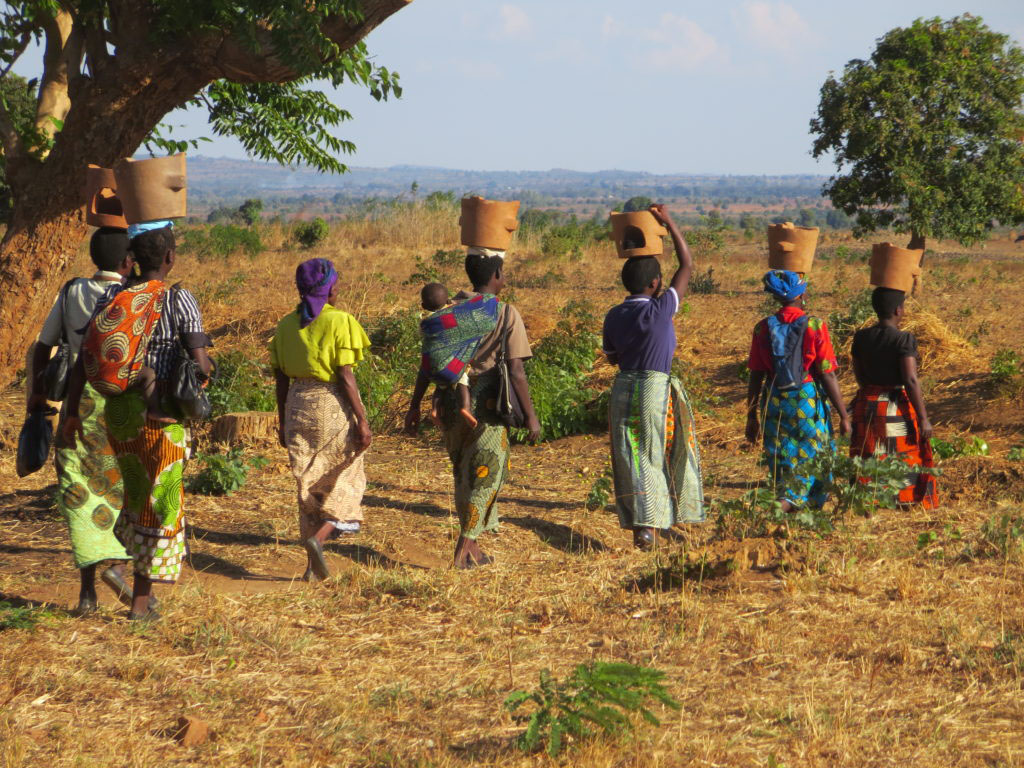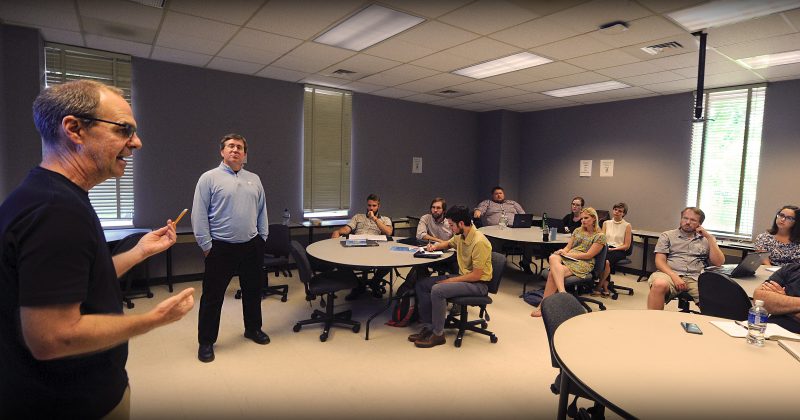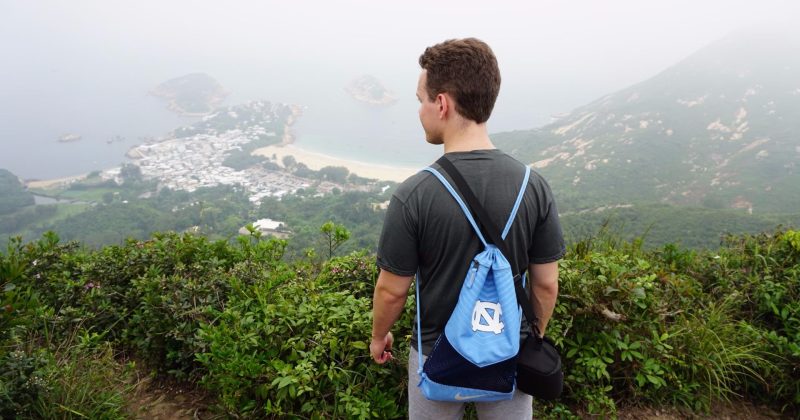
Women walk home carrying fuel-saving cookstoves in Kasungu, Malawi. A new $4.8 million NSF grant will help researchers study how to alleviate energy poverty in Southern Africa.
The National Science Foundation recently awarded a $4.8 million grant to UNC-Chapel Hill to help researchers study how to alleviate energy poverty in Southern Africa.
Energy poverty is the lack of access to modern energy sources such as electricity and modern fuels — crucial resources to the well-being of individuals and communities, the environment and to the stability and growth of national economies. In sub-Saharan Africa, an estimated 620 million people lack access to electricity, and 730 million use solid biomass and inefficient stoves as their primary source of cooking energy.
The project is an NSF Partnership for International Research and Education (PIRE), an innovative program that promotes international collaboration among scientists to address complex, multidisciplinary problems. The Energy Poverty PIRE is led by Pam Jagger, an associate professor of public policy.
A main focus of the PIRE program is to train the next generation of scientists to solve complex real-world problems. The Energy Poverty PIRE program will provide training and research opportunities for 70 undergraduate and graduate students across disciplines, including public policy, geography, sociology, forestry and environmental science and engineering.
The program is administered by the Carolina Population Center (CPC). Co-PIs of the project are Michael Emch, Kenan Distinguished Professor of Geography, and Barbara Entwisle, Kenan Distinguished Professor of Sociology. Jagger, Emch and Entwisle are CPC Faculty Fellows.
Core partners include NC State University, RTI International, the Lilongwe University of Agriculture and Natural Resources (Malawi), Copperbelt University (Zambia) and the University of Zimbabwe.
Read more here.
Published in the Fall 2017 issue | The Scoop
Read More

Digital literacy fast-forwards at Carolina
A pioneering initiative ensures every Tar Heel student has free…

Respect your (book)shelf: New books by College faculty and alumni (fall 2017)
Carolina faculty and alumni make headlines year-round with their award-winning…


